Tired of letting your thyroid control how you feel?
If so, you’re in good company with thousands of thyroid patients.
Which is why so many of them look to food as a potential solution to their symptoms.
But will changing your diet actually help your thyroid?
Abso-freaking-lutely.
In fact, it’s one of the first things that you should do as a thyroid patient because it doesn’t require anything but some knowledge and a little bit of effort.
Throughout the years, though, I’ve found that most people understand the types of food that they should be eating (like broccoli, salmon, etc.) but go wrong when it comes to the foods they should be avoiding.
Which is why today we are talking specifically about the worst foods for your thyroid:
#1. Refined & Processed Sugar

In high amounts, excess sugar consumption can cause all sorts of problems up and including weight gain and insulin resistance (1).
And because so many people are eating far more sugar than they realize, including thyroid patients, it’s first on our list.
It’s not that sugar by itself is inherently dangerous, contrary to what many might tell you.
In fact, your thyroid has a high demand for carbohydrates, and sugar can definitely fulfill this need.
But it is really easy to get more than you need, especially since refined sugars are added to so many different foods.
Coupled with the fact that sugar is dangerously delicious, thyroid patients often get far more than they actually need which contributes to weight gain and insulin resistance which are already common among this group.
And it’s for these reasons that processed sugar is included.
Does this mean you need to avoid sugar 100%?
No way, in fact, your thyroid function will probably improve by eating healthy sources like fruit, fruit juices, and honey.
#2. Gluten

While gluten is definitely a problem for a majority of people with thyroid problems, I am finding more and more that some people can tolerate gluten after a withdrawal period of 30-60 days.
Gluten is often mentioned as a ‘no-no’ if you have thyroid disease because Celiac disease is considered an autoimmune disease.
This is a potential problem because we know that people with one autoimmune disease (such as Hashimoto’s thyroiditis) tend to experience other autoimmune conditions at a very high rate.
And this connection appears to be true for people with Hashimoto’s thyroiditis who experience an increased risk of developing gluten intolerance by about 4x what is normal for the standard population (2).
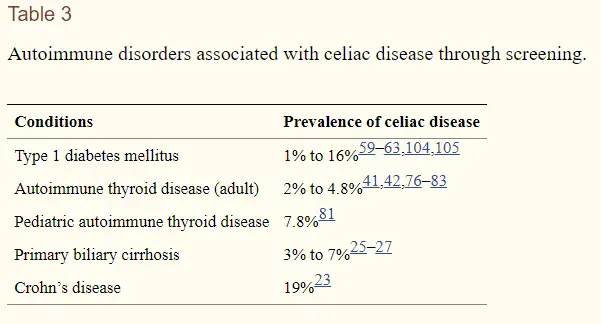
#3. Dairy
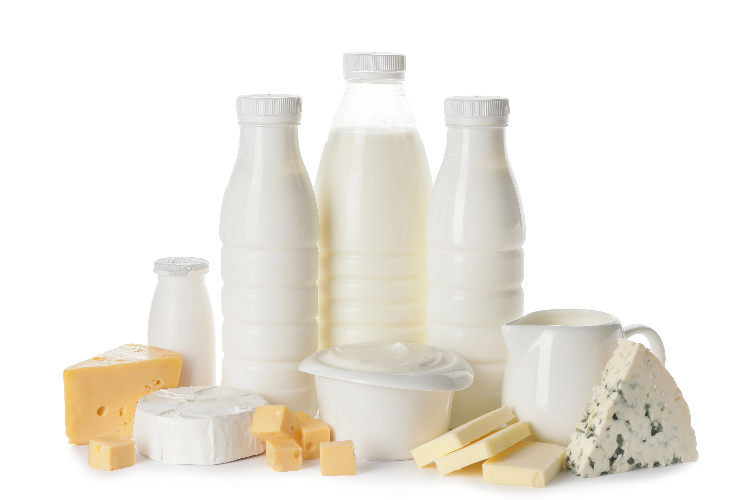
Many individuals in the United States are considered to be lactose intolerant (meaning they can’t handle the milk sugar lactose) while another group of patients are intolerant of dairy due to proteins such as casein.
You can figure out which group you fall into by avoiding dairy altogether for a set amount of time.
But, regardless of why you don’t tolerate dairy, it’s not a good idea to consume it if you experience symptoms such as abdominal pain, gas, bloating, etc.
But another reason to potentially avoid it has to do with the fact that patients with thyroid disease (especially those with Hashimoto’s) may experience an improvement in their TSH when they avoid it.
This was only true for those people with Hashimoto’s who also had lactose intolerance, but the researchers also found that people with thyroid disease tend to experience lactose intolerance at a higher rate than the normal population.
The verdict?
Consider removing dairy from your diet if you have thyroid disease and especially if you have Hashimoto’s thyroiditis!
The worst thing that can happen is that you experience no change in your symptoms while the best thing that could happen is that you feel a lot better.
#4. Alcohol

It shouldn’t come as a surprise that alcohol can potentially cause problems to organs in your body (consider the case of alcoholic liver disease if you don’t believe me!).
It may surprise you to find out that alcohol also tends to cause problems directly with your thyroid gland.

Alcohol has been shown to blunt your thyroid by inhibiting the release of pituitary and hypothalamic hormones (4) due to the fact that it is toxic to certain cells in your body.
Alcohol can also promote obesity through its influence on insulin resistance and it can ultimately lead to liver damage which can further impair thyroid function and conversion.
If you have thyroid disease then you should avoid alcohol 100%.
#5. Trans-Fat
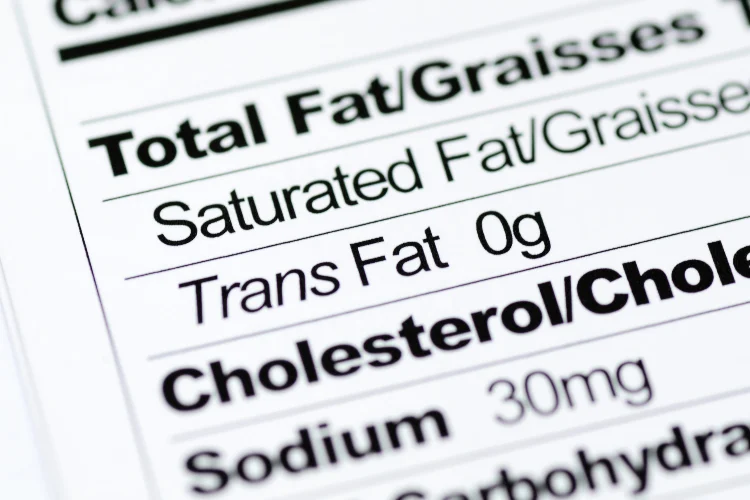
Most people know that trans-fat is bad for your overall health but what you may not know is that trans-fat may also cause thyroid dysfunction.
Some studies have linked high-fat diets to thyroid dysfunction (5) – just another reason to avoid this type of fat.
#6. Industrial Seed Oils & Fats

It’s pretty straightforward but there are a number of oils that fall into the category known as partially hydrogenated vegetable oils (PHVO’s for short) and these fats have been known to cause inflammation in your body (6).
Inflammation is a problem for your thyroid because it blocks the conversion of T4 into T3.
This is one of the reasons that people recommend that you consume healthy fats (coconut oil, extra virgin olive oil, etc.) because these non-hydrogenated vegetable oils are not associated with inflammation.
#7. Highly Processed Soy

Soy is one of those foods that really fits in the middle ground of good and bad.
What do I mean?
Some studies have shown that soy can theoretically cause problems in your thyroid such as blocking iodine uptake and potentially inhibiting thyroid medication absorption (7).
The only problem is that these effects are not necessarily seen clinically in many people (8).
So, on the basis that soy can theoretically cause thyroid dysfunction, it’s probably best to avoid it.
There’s probably a big difference in the quality of the soy foods that you are consuming.
If you find high-quality organic soy products (and you are an individual who can tolerate them) some mild use of soy is probably okay.
But, if you are someone who tends to be very sensitive to foods or if your thyroid function is going hay-wire (with frequent fluctuations up and down) then you probably want to avoid soy altogether.
#8. Frozen And Highly Processed Foods
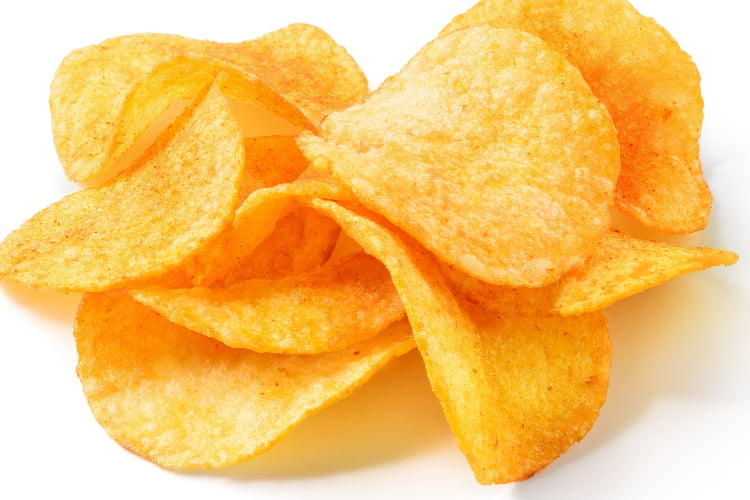
Frozen foods and all-in-one meals all have one thing in common: plenty of preservatives.
Preservatives help your food stay fresh for a long period of time which can be a good and bad thing.
These preservatives are either man-made or naturally occurring but either way, they can potentially cause problems for your thyroid.
What isn’t well known is how each of these preservatives (especially the man-made variety) impacts our health over the long term.
And, because you just don’t need to consume a large amount of them (you can simply make fresh foods!) I recommend that you avoid them.
You can find a list of how various known chemicals interact with and cause thyroid dysfunction in this study (9).
#9. Legumes/Beans
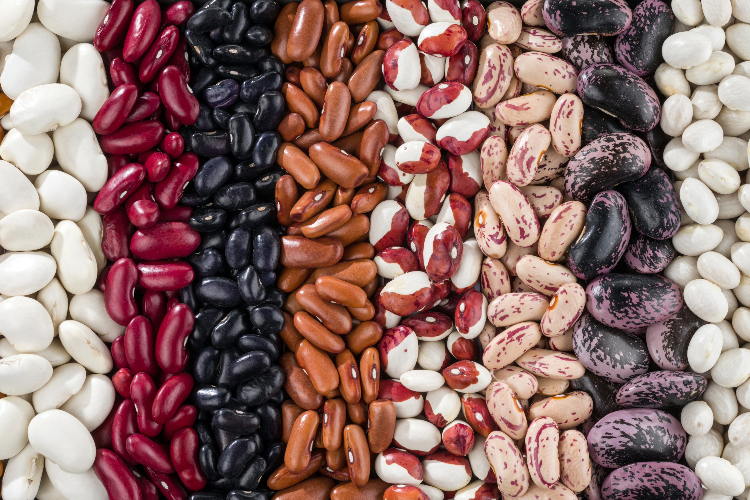
It turns out that legumes and beans really don’t want humans to eat them.
They have a combination of naturally occurring substances such as goitrogens and lectins (10) which can potentially cause problems for your thyroid.
Proper preparation and handling of these foods can limit your exposure to these plant-based chemicals, but not everyone tolerates them the same (even after the correct preparation).
Due to the fact that so many people simply don’t tolerate them, and due to the fact that these chemicals can potentially cause problems to your gut health, it is probably best to avoid legumes and beans at least initially.
Re-introducing them at a later date will work well for some individuals, but you should not use them if you notice abdominal pain/gas/bloating afterward.
#10. Coffee
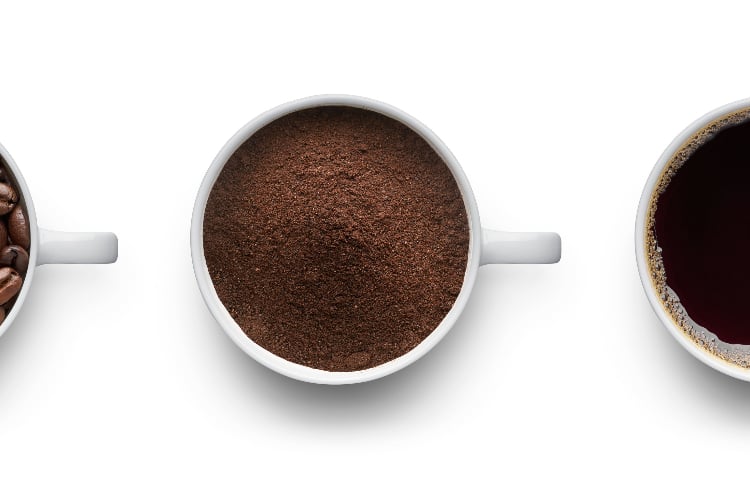
There are probably many of you out there who aren’t going to like this one, but you should at least hear me out!
It’s not clear to me whether or not coffee is inherently good for you or bad for you because there are conflicting studies that show both sides to be true.
But let’s table that discussion for today and focus solely on your thyroid.
Coffee is potentially a problem for thyroid patients because it has been shown to temporarily suppress TSH (though this study was performed in rats).
The suppression in TSH may not necessarily be a bad thing but in this case, it was because it was also associated with a decline in both T3 and T4 levels (triiodothyronine and thyroxine) about 6 hours after ingestion (11).
This could probably be overlooked if it wasn’t the only problem.
Perhaps even the biggest problem with coffee is the fact that it is primarily used (and perhaps abused) as a stimulant or energy supplement.
The continual use of coffee to increase your energy may come at a cost to your hypothalamic-pituitary-thyroid and hypothalamic-pituitary-adrenal axes.
Constant stimulation of these axes may diminish your normal hormone response to stress and cause issues such as fatigue, insomnia, and depression.
Coffee is another one of those food groups that is probably well-tolerated by some people with varying degrees in the middle.
Conclusion
The world of dietary advice can be confusing and I don’t envy people who are confused about all of the information available!
I’ve tried to make the information bite-size and easy to consume in this article.
The bottom line if you have thyroid disease is this:
Try to find a structured diet (one with lots of online support and community) to follow and one that includes healthy foods that you should be eating while avoiding those foods that we know are potentially harmful to your thyroid.
From there you can tailor or modify the diet to fit your specific needs.
This will allow you to obtain the best possible results!
Now I want to hear from you:
Are you currently struggling with thyroid disease?
Do you know which foods you should be eating or avoiding?
Which diet have you used and how has it helped you?
Leave your comments or questions below to keep the conversation going!
Scientific References
#1. https://www.ncbi.nlm.nih.gov/pmc/articles/PMC1204764/
#2. https://www.ncbi.nlm.nih.gov/pmc/articles/PMC2111403/
#3. https://www.ncbi.nlm.nih.gov/pubmed/24078411
#4. https://www.ncbi.nlm.nih.gov/pmc/articles/PMC3743356/
#5. https://www.ncbi.nlm.nih.gov/pmc/articles/PMC4220075/
#6. https://www.ncbi.nlm.nih.gov/pubmed/18842776
#7. https://www.ncbi.nlm.nih.gov/pubmed/6243165
#8. https://www.ncbi.nlm.nih.gov/pubmed/16571087
#9. https://www.ncbi.nlm.nih.gov/books/NBK285560/
#10. https://www.ncbi.nlm.nih.gov/pmc/articles/PMC4740614/
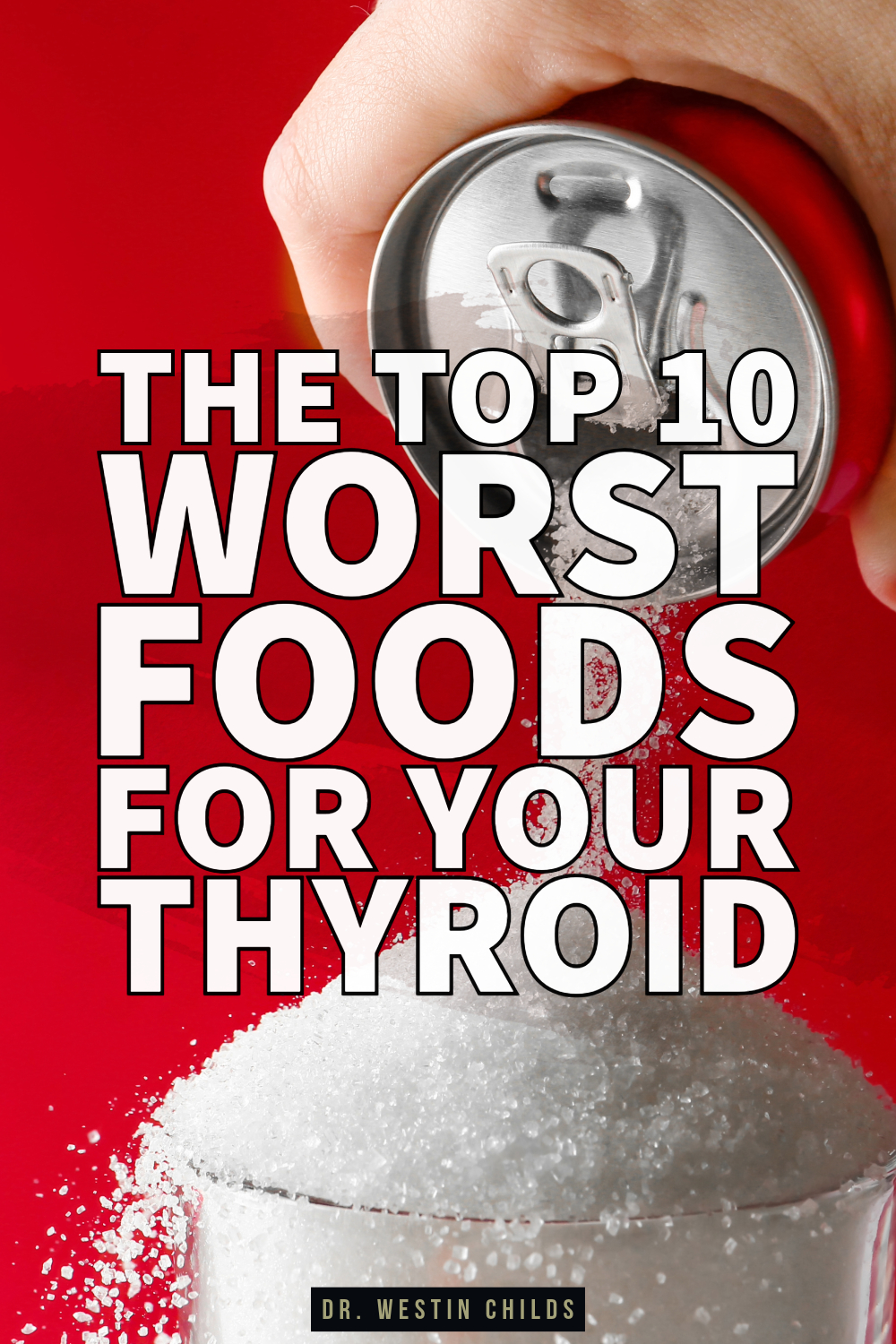
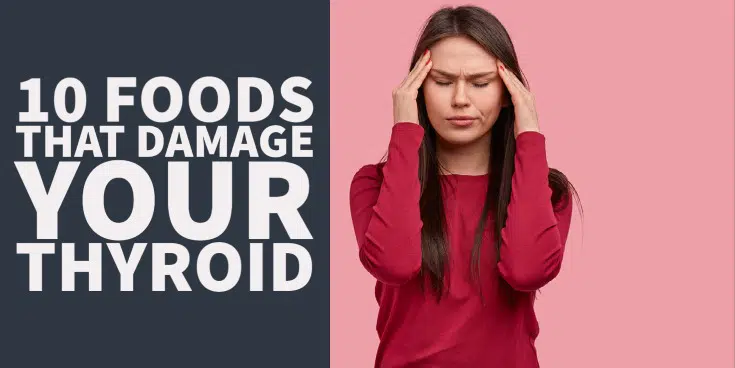
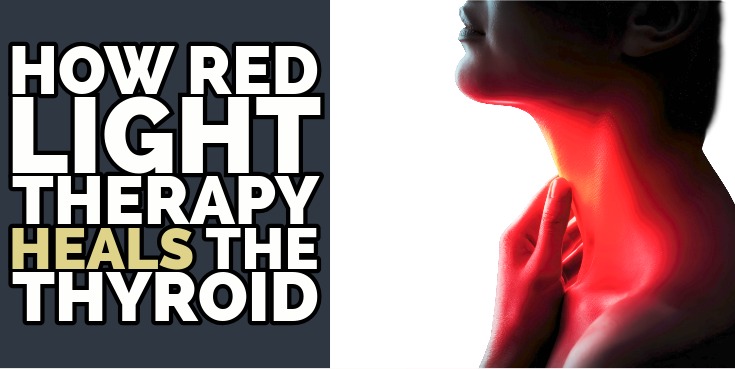




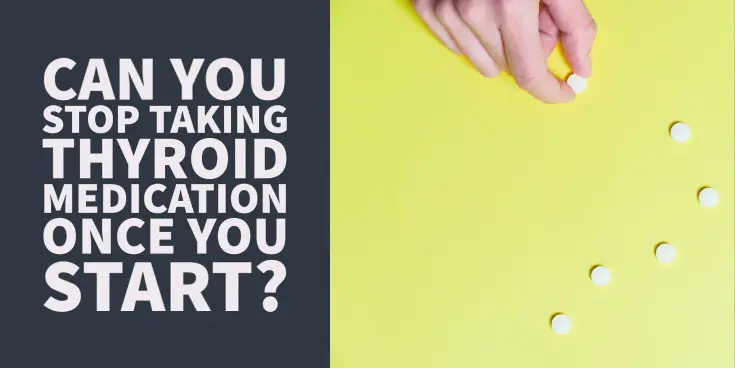

Ive been living with hashimotos for over 30 years now. Ive battled with pregnancies, depression,and weight issues, although I have managed to be a mother of 4 sons and a productive member of society.Until it seems, as soon as I hit my 60’s everything went belly up. Over the last 2 and a half years, my body has either been going haywire or shutting down.In short IBS issues were so bad full time work, then part time work was impossible,weight skyrocketed out of control. I began accumulating more autoimmune problems. At present after 18-20months on an elimination diet and then low fodmap the IBS is mostly controlled. But there are still many issues to be faced, the worst being unable to do more than 2-4hrs a day of anything like housework, sewing,driving,shopping. If this is exceeded I get fatigued, swell up in extremities, fall asleep at the wheel.If I continue to push myself, then IBS will reappear.I am unable to stay awake once the temp. goes over 25%C. Not only am I on a low FODMAP diet but I also have to avoid Gluten, Soy, Beans,Lactose, cane/refined sugar, anything with sulphur in it and preservatives of any kind.
This leads to a very limited life, as of my 4-8hrs of being awake and functioning about 2hrs is taken up with preparing,cooking and eating. Ive got to the point of feeling like theres no use continuing if life is like this restrictive.
Hi Lynsey,
I do worry about some diets which are too restrictive and which to lead to a poor quality of life. I believe that these types of diets will cause more harm than good long-term which is why I tend to not recommend them (except in rare cases). There’s always a way to improve your current situation, but it will involve working with a very knowledgeable dietician/provider/physician which is probably where I recommend that you start!
Hello Dr. Childs, Thanks for a very informative article. I avoided gluten for about 10+ years but find now that I can tolerate some as long as the item is made of organic flour. I recently purchased your program and have been following the various recommendations in it with regards to diet, etc. I have also had a full battery of blood work done in the last couple of months which shows that I have Thyroid Resistance with a very low Free T3/Reverse T3 ratio however no insulin or leptin resistance or adrenal fatigue.
Hello Dr. Childs, I have recently discovered through having the battery of blood work that you recommend that I have Thyroid Resistance with a 0.13 Free T3/RT3 ratio yet no indication of either insulin/leptin resistance or adrenal fatigue. I have had a lifetime of struggle with weight gain and suspect that this is something that has been going on undiagnosed for a long time. I am currently following your 60 day program and having success with losing weight which I am very thankful for. The main changes in my diet would be no dairy, grains, legumes or alcohol and a lot more fat. I am doing the prolonged fasting on the weekends and as well, 3 larger meals/day rather than 3 meals and 3 snacks as is often recommended.
Dear Doctor Childs, thank you so much for all your information, I’ve learned from it very much. I’ve been on your Thyroid Supp, and take a lot of Nature-Throid (146), my thyroid had been removed 15 years ago. Despite high meds, my TSH is still 5.6, could you, please tell me, why, Janina.
Hi Janina,
It’s probably dose-related or related to absorption issues. Either it isn’t getting into your body (absorption) or the dose isn’t high enough for your body.
What would be a viable alternative to coffee consumption?
How is it possibile to provide energy/stimulation without overtaxing the adrenals?
How do I avoid withdrawl symptoms?
Rebecca, a self-confessed coffee addict
Hi Rebecca,
The best thing you can do is cut it out completely! You’ll withdrawal for a few days (Usually just headaches for 1-2 days) and then you’ll feel much better without it. From there you can only use it as necessary.
Nice article but it misses two important factors that are fundamentally changing the “diseases of excess” model.
The natural human diet: Whole food plant based.
When you eat: fasting and intermittent fasting.
I’d like to see the thyroid doctor crowd catch up with the latest in metabolic and longevity science and integrate these into their recommendations. Nothing has helped improve my Hashimoto symptoms more than these two.
Hi Fermin,
I’m just going to leave these here for you to take a look 🙂 It’s impossible to include all information in any one article, but that doesn’t mean they aren’t included elsewhere on my site:
https://www.restartmed.com/fasting-for-weight-loss/
https://www.restartmed.com/hypothyroidism-diet/
Enjoy!
Hello Dr. Childs, I suffer with hypothyroidism and weight gain as also menopausal. I have previously had raw fruit/vegetable smoothies and eaten a balanced meal in the evening. I lost weight easily adopting this method and I felt good on it. However, I have read that raw spinach etc is bad for the thyroid. Can you tell me if this is true? Thank you in advance.
Hi Carol,
For the majority of people, eating raw spinach is probably fine. You can read more about goitrogens in this article: https://www.restartmed.com/goitrogens/
I’ve have hashimotos for 37 years diagnosed, who knows before…I am gluten free because I get hives head to toe if I’m not. I also have been on the ketogenic way of eating for over a year and have lost 40 lb. I’d like to lose 10 more. I like keto because I am quite familiar with it and since I have to be GF anyway it is easier to stay focused. I am being treated for epstein barr virus and hopefully that will have a huge effect on my hashimotos which has gotten much more difficult since menopause.
Hi Jacqueline,
Thanks for sharing! Treating EBV may definitely improve your Hashimoto’s but I’m not sure it will do much for your weight unless you also manage estrogen/progesterone/testosterone as all of these tend to fall after menopause.
One can not reintroduce gluten after a 30-60 day avoidance because it takes at least 6 months for gluten to leave the system after one stops gluten. You post erroneous articles. Shame on you!
Hi Phoebe,
Gluten is out of your system within a few days after you consume it (at most). Perhaps you are referring to the intestinal damage that it causes, assuming you are gluten intolerant? This might last months, but you certainly don’t need to wait 6 months to know if you are intolerant to it or not. The 30-60 day reintroduction period is just a way to determine if you should continue to avoid gluten or not.
Hello. Recently diagnosed with no advice from my GP apart from the meds for hypothyroidism and reading up on here about supplements
I asked my GP about kelp, zinc, magnesium. She said ok. The Chemist was reluctant to give me them and looked at a multivitamin but declined it as it contained iodine.
I want to look after myself best I can. Also, I am looking into a partial meal replacement diet to see if I can shift some weigh. The weight seems to be mainly around my middle and my back. Thank you for your time
Hi Dr I have hyperthyroidism but I am still confused on what to eat and which supplements can I take
Good day. Thank you so much for all your information. It has really been helpful. My biggest problem is when you search the internet, (which is where I found you, and I’m so grateful for that) you get tons of information about overactive thyroid and underactive thyroid, but very little to almost none about patients who have had their thyroid destroyed via the radiation treatment therapy. Which is my situation. So every time I read information and tips I keep asking myself if these apply to me because even though I now suffer from un underactive thyroid, its not because its naturally low, its because I don’t have a thyroid. Am I looking at these to deeply? Should I be reading and following all the information and tips of a underactive thyroid or is there a whole new lot of information and tips if you don’t have a thyroid?
Hi Michelle,
The reason is that people who have had their thyroid destroyed/ablated/removed fall into the hypothyroid category. So anything you see on my blog related to low thyroid applies to you, as you mentioned above.
There are some nuances that apply to your situation but 95+% of the low thyroid info applies and is relevant to you.
Question: regarding coffee. What about decaf, organic, swill water processed? Or is it not the caffeine that is the issue?
Thanks
Hoshimotos for 20 years, hard to get functional doctor here in Houston. They removed everything except levothyroxin and only test TSH & T4 with a basic metobolic panel & CBC so I know supplementation and lifestyle are key for me.
I am 66 and have been on Levothyroxine for 30 years due to hypothyroidism. Did very well up until about 4 years ago my basal temp is always low, I am cold all the time and T3 stays on the low normal side. Saw an alternative health care doc recently who tried to add bio identical T3 to my levothyroxine and I had heart palpitations, heart stress, insomnia and anxiety even with an extremely low dose after only 4 days on it. I read that the heart has receptors for the T3 which is why most docs won’t prescribe it. Have you ever heard of any successes adding T3? I walk 3-4 miles a day, weigh 118 pounds and eat a healthy diet. One of the reasons I initially consulted an endocrinologist 30 years ago was because I was cold all the time and had menstrual issues. Menopausal now but hate being cold all the time. Appreciate your thoughts.
Hi
I’m 68 and have been on 200 mcg of levothyroxine since 1994 – I am generally gluten and dairy free. My main concern is losing weight as I have had one knee replacement and can’t have the other one done unless I lose some weight -My T4 level is 16.9 ( range 7.0- 16.0)- too high and my TSH level is 0.006 ( range 0.38 -5.33) – too low and serum free triiodothyronine level ( Is this T3 ?) Is 6.5 ( range 3.8 -6.0) – high – so should I be on T3 ?
By coffee, does that include decaffeinated too?
Hi Lora,
Yes, it would include decaffeinated coffee as well.
I am conflicted with the dietary demands of hypothyroidism, to which I was diagnosed this year. I also have dry macular degeneration, which has no cure but blindness can be slowed down with the Mediterranean Diet & PreserVision Areds2–according to my opthalmologist. Add to that severe Arthritis. I’ve always consumed a fairly healthful diet with consumption of lots of fruits and veggies daily. I don’t have celiac disease, but I have bad reaction only to foods containing wheat. I eat a small bowl of fresh berries, one slice of GF bread (sometimes with one egg or veggie omelette or a slice of cheese) and a bowl of GF oatmeal with milk in it in the a.m.. I drink one cup of green tea with 1/2 tsp of honey for breakfast. I do not eat beans or peanuts due to gout flareups. However, I’ve been eating soy products (which seem like a no-no on your list of foods to avoid), like bean sprouts, tofu and edamame. I also have been cooking a lot of veggie stir-fry (w/ olive or coconut oil) with dash of GF Tamari soy sauce. I love vegetables and fish, except living in the desert makes it difficult to find fresh fish–only frozen. I usually have fish 2-3X a week, chicken 2-3X a week, and beef 1-2X a week. Given all of above, I still continue to gain weight along with all the other symptoms of hypothyroidism. In addition, I take Levothyroxine daily including your T3 Conversion Booster, plus daily vitamins of Magnesium, D3, and unfortunately Allegra, the only OTC pill I have to take to ease my chronic Urticaria. I’m wondering what more can I do to keep feeling the way I do, given all other ailments that I have to contend with daily.
Hi Marissa,
Based on the information here, I would say that you should get a complete thyroid lab panel and assess your fat-storing hormones such as insulin and leptin. Even though diet is important both for thyroid function and weight management, it’s often not sufficient by itself to fix either. Getting your thyroid lab tests will tell you if you need to adjust your thyroid medication and whether or not you need more.
Ok.I take lamictaland levetiracetam for seizures would my levothroxine inter fear with my seizure medication..??????
Hi Dixie,
Thyroid abnormalities have been seen in many anti-seizure medications but it appears that they do not exist with lamotrigine and levitracetam: https://pubmed.ncbi.nlm.nih.gov/26437373/
I’m very confused here you say no beans or legumes But elsewhere you say plant protein in your diet is better than animal????? Where else do you get enough plant protein?????
Hi Gloria,
I think you are confusing a few differnet ideas/concepts:
#1. From food sources, animal protein is superior to plant protein due to efficiency
#2. If using protein powders, plant protein is preferred to whey/animal proteins (this is where I stated that plant is superior to animal, but only in this setting)
#3. Plant foods high in protein also tend to be high in fat and calories (chia/hemp/etc.) and those that are low in fat tend to be processed (pea/soy). This isn’t a hard and fast rule, but it does make getting protein from plants difficult.
Based on all of this information, my general recommendation is to focus on fruits and veggies for fiber and bioactive compounds and animals for protein. This combination seems to work out best.
I also already have this article on my list to update as some things have changed since I first wrote it. That should happen within the next week or so.
Male patient in his 60s. Left side thyroidectomy 3 y.a. Parathyroid removal? Unknown. No related pharmaceuticals taken to date. Patient has resumed normal diet to include legumes, fruits and vegetables most likely not organic, meat, poultry and grains/cereals as 20-30% of diet. No dairy as of 1 year ago.
Also, as of a year ago, supplementation includes a methylated multivitamin and plant based omega 3. Nodule recently discovered on remaining 1/2 to of gland.
Question: can he naturally improve and eventually heal the rest of the thyroid gland with holistic treatment and improving his nutrient intake?
Hi Dahlia,
You can improve the function of the remaining thyroid gland, yes, but whether or not that will be sufficient to manage global thyroid function is something you’ll have to experiment with.